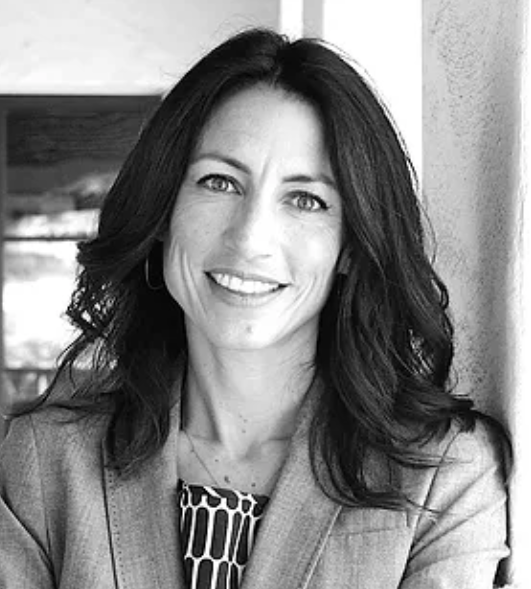
We work with police departments and other criminal justice professionals across the country on addressing bias and better serving their communities. We focus on developing legitimacy, building trust and ensuring accountability. So many people have asked us “What can I do?!?” You may feel like throwing things and exploding with frustration and anger, but what other options do you have? We suggest these four things:
Communicate with law enforcement. Call or email the law enforcement agencies that police your community. Tell them about your outrage. Demand that they do better. Ask that they work with other departments throughout your region and your state to prioritize respectful interactions, listening to their community, and upgrading their trainings. You may want to specifically request an act of humility and apology, like the police in many cities have done. Ask for more intensive trainings on implicit bias, de-escalation, and empathy building. Tell them that you expect frequent updates about what law enforcement is doing to address the systemic problems in policing and you are not going away.
Do a personal and family assessment on race, bias and privilege. We like to say in our workshops, “If you are human, you are biased.” Even those of us who think we are super egalitarian—and go around talking about privilege and rejecting colorblindness—have biases that take diligence to uncover. We have privileges that we don’t always recognize (like turning off the news and “taking a break” from all of this). And we can do better. Specifically regarding race and the criminal justice system, consider whether you have ever called the police about a “suspicious” person in your neighborhood and what made that person suspicious to you? Amy Cooper has liberal bona fides. What type of work would have revealed her implicit or unconscious attitudes? How hard are you working on reducing the impact of your biases and actively becoming anti-racist? A quick and easy starting point is the Implicit Association Test, and especially the “weapons” test. Harder–but proven much more effective–is developing deep, meaningful relationships with people unlike ourselves. In fact, we believe the path to peace starts with empathy and compassion between individuals. Force yourself to reflect on your choices: what conversations are you having at the dinner table, what books do you read, who do you invite over for barbeques, how do you respond to overtly racist remarks made by Grandpa, your college buddy or your co-worker, where do you spend leisure time? Parents may not even be aware that they are conveying ideas about race through these behaviors, but children learn from them all the time. See Margaret A Haberman. There are many other anti-racist resources out there.
Support impactful organizations. Each of us doesn’t need to start from scratch. And we may have the resources to give to organizations that are already doing good, important work. We like #cut50 for its emphasis on building empathy for those in the criminal justice system. We like Campaign Zero because it’s founded and led by people of color and it uses research and data to drive its policy solutions. Finally, we like Equal Justice Initiative because it addresses the criminal justice system from a systemic perspective.
Vote. And vote locally. Criminal justice reform happens at the local level. We need to pay attention to the initiatives that happen in cities and counties as much or more than the federal offices and judiciary. Vote for mayors, county supervisors and local District Attorneys that support criminal justice reform including police accountability. Protest is vitally important in any functioning democracy, but ultimately we are a country of laws and those sentiments need to be translated in laws and policies. Barack Obama provides wise counsel on this.
We can empathize with the level of frustration and anger that leads to breaking windows. Yet we believe there are better ways to make lasting change. There are better ways to reduce violence, to build rather than harm communities, and to create justice.
We’re ready.

Shanti Brien is an educator, consultant, writer, and co-founder of Fogbreak Justice.

Shanti,
This article is so helpful to me, and, I’m sure, many others to learn how to make a difference by taking your suggested steps, other than just protesting, to help with this very deep and wide issue. Thank-you for yours, and Fogbreak Justice’s, hard work to help with this. Please continue with articles such as this to help us make a difference.
Best,
Debi Fitzgerrell